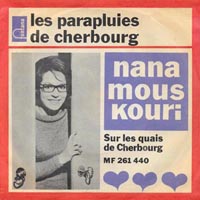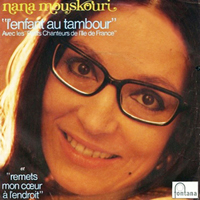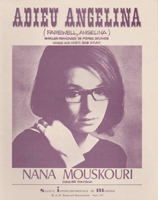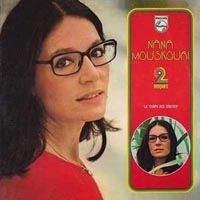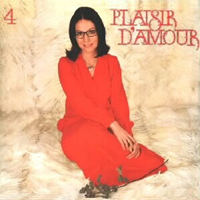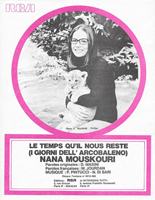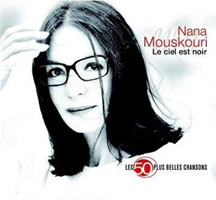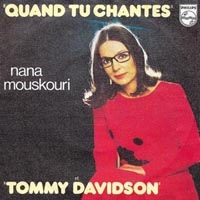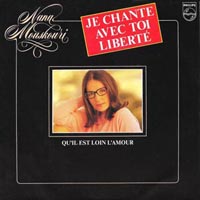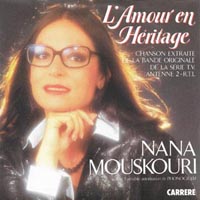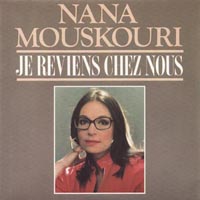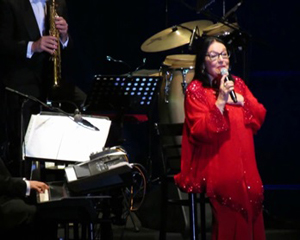JE CHANTE AVEC TOI LIBERTÉ
That adaptation of Verdi's "Nabucco" became her biggest hit in France with 723,000 singles. To that must be added the original album, the classical one and all compilations in which it appears. For Nana, Liberty is an important theme, still current. On the occasion of the French National Day, in 1982, she sang it in front of the Berlin Wall wearing a military uniform. Two years later, during her two galas at the Herod Atticus theater, the lyrics took on their full meaning: "Souviens-toi des jours de ta misère. Mon pays, tes bateaux étaient tes galères" (Remember the days of your misery. My country, your boats were your galleys.). |
|
